By Ghulam Haider
The UAE government’s newly-liberalized visa regime coupled with the enabling environment for investment opportunities are attracting an influx of wealthy investors to pump in their money in real estate, thus giving an unprecedented boom to the demand for Dubai property.
The luxury end of the emirate’s real-estate market is the real beneficiary from an influx of wealthy investors such as Russians seeking to shield their assets, bankers fleeing strict Covid restrictions in Asia and rich Indians seeking second homes.
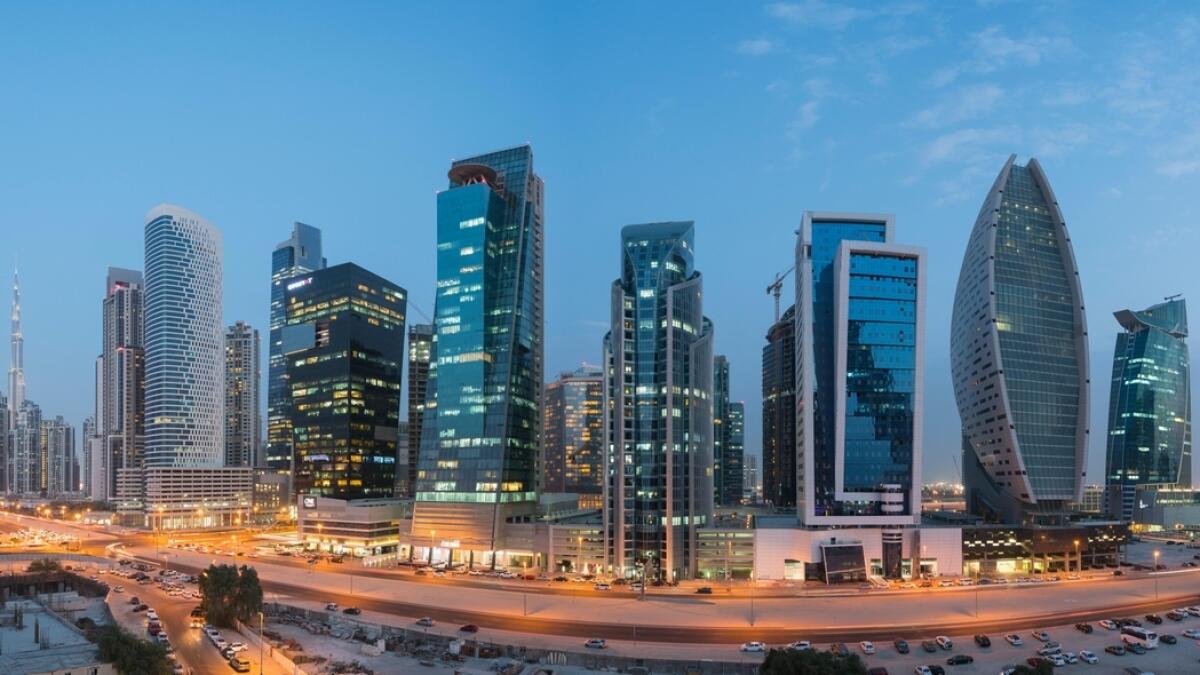
Dubai’s prime real-estate have witnessed an unprecedented increase of 89 per cent over the past 12 months, buoyed by a deluge of wealthy buyers setting up second homes in the city, real estate experts say
Insatiable demand fueled villa price rises of more than 100 per cent in high-end neighborhoods such as the Palm Jumeirah, Emirates Hills and Jumeirah Bay Island since the start of the pandemic. The upturn is a significant departure from the emirate’s two previous market cycles, which were largely linked to buy-to-let or buy-to-flip purchases.
The sale of properties priced more than $10 million also hit a new high. During the first nine months of the year, there were 152 so-called ultra-prime sales, eclipsing last year’s 93. In another change to previous cycles, the number of new luxury homes planned is failing to keep up with demand, creating a shortage for waterfront homes in particular.
In the short to medium term, realtors expect prices to grow 5 per cent to 7 per cent by the end of the year, ending 2022 about 60 per cent to 80 per cent higher than the last year. A strong dollar and the rising interest rates may impact the market, although the prevalence of cash buyers is “expected to shield the market to an extent.”
Over the last 12 months, Dubai’s prime real estate prices are up 89 percent, according to a report in Bloomberg. And in popular neighborhoods like Palm Jumeirah, Jumeirah Bay and Emirates Hills those figures have increased more than 100 per cent as wealthy buyers have lined up to secure property across the city’s new hotel developments.
For example, the purchase of a villa in Palm Jumeirah recently sold for a record $82 million back in July. According to Arabian Business, the city’s real estate receipts exceeded $325 million over two days in September, with 386 sales—341 of which were apartment condos and villa purchases at luxe gated communities across the city.
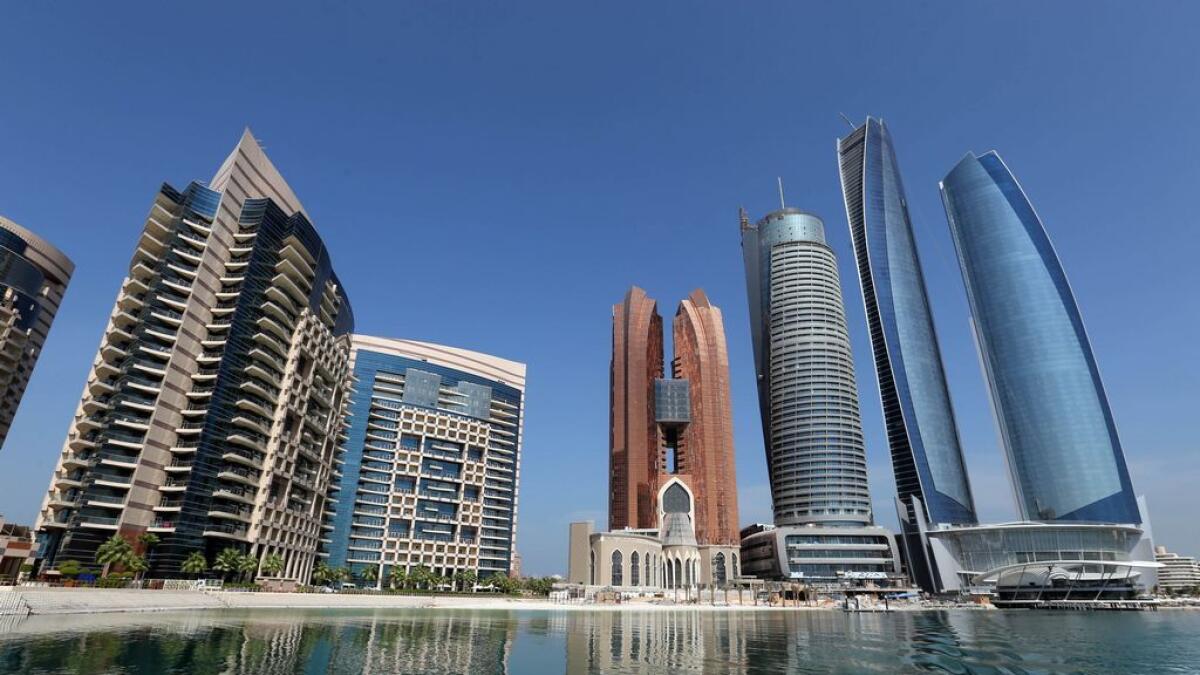
This activity comes on the heels of a hot 2021 for the city, which saw $35 billion in property transactions, the biggest year since the 2008 financial crisis, according to a report by CNBC.
Prime residential values in Dubai continue to strengthen, growing by 29 percent in the third quarter alone, fueled by a persistent deluge of ultra-high net worth individuals who are zeroing in on Dubai’s premier districts in search of second homes.
While many of the new buyers come from countries like Switzerland, Germany and France—wealthy Russians have been flocking to Dubai to park their assets. Dubai was already a destination for Russians, but now it’s one of the few safe havens to prevent seizure of assets, so much so that the country has become a yacht sanctuary for oligarchs.
But some also say the boom may be over soon as a possible housing bust is looming. According to a Reuters poll, home prices in Dubai were forecast to slow down by 6.5 per cent in 2022 and 3 per cent in 2023.
However, others say the market doesn’t show too many signs of slowing down anytime soon. However, UAE is witnessing a strong growth in the residential real estate sector. The sale of off-plan and secondary properties in Dubai reached a 12-year high in the third quarter, both in terms of volume and value.
The Qatar World Cup 2022 has also very good impact on the UAE’s residential real estate sector. Dubai’s stature as a leading global destination for tourists, and its proximity to Qatar, has made the emirate a preferred destination for QWC attendees to situate themselves in before, during and after the event.
Sectors experts say that the UAE is projected to record a rise in demand for accommodation of up to 40 per cent with many of these visitors seeing the benefits of Dubai and looking to invest in the city.
In the first half of 2022, Dubai’s off-plan market reportedly saw a growth trajectory of more than 130 per cent with over 130,000 units from almost 85 launched projects as the UAE’s real estate market is well-equipped to provide buyers with sufficient purchasing options.
A significant portion of Qatar World Cup 2022 will be high-net-worth individuals who would be looking to purchase premium properties but mid-market buyers would also have their fair share of properties to choose from.
From an investment perspective, both categories of buyers will benefit more from the latter as it usually involves lower ticket values and a higher potential for strong rental return on investment (ROI).
More than 1.5 million tourists are expected to visit Qatar during the World Cup and this will drive a massive influx of visitors into neighbouring transit hubs like Dubai. The UAE’s residential real estate landscape is bound to benefit from this as hotel occupancy rates in the emirate are projected to be above 90 per cent and Q4 performance should be comparable to that of the Expo 2020.
Many of the visitors who transit through Dubai will acquire real estate assets either for personal use or for investment purposes. Although property prices have risen in the UAE, the long-term appeal of real estate as an asset is undeniable with average apartment rents soaring 27 per cent.
Over 25,000 real estate transactions worth almost AED 70 billion were recorded in Q3, reflecting an increase of about 62 per cent in volume and over 65 per cent in value. There were 4,200-plus transactions worth nearly AED15 billion in the secondary segment and 4,400-plus in the off-plan segment valued at close to AED 10 billion in September to mark a monthly high.
Record FDI
The UAE will continue to drive foreign direct investment (FDI) capital into the region as investors prefer the emirate due to its business-friendly policies, excellent infrastructure, and structural changes aimed at diversifying the economy.
The UAE is destined to attract a major share of $66 billion in potential Foreign Direct Investment (FDI) inflows into the Middle East, North Africa and Pakistan (MENAP) in 2023 as global investors consider the emirate an ideal destination for investment.
According to a recent report released by the Institute of International Finance, the emirate is expected to attract $22 billion in FDI inflows this year due to its business and visa reforms while the MENAP region is expected to receive $56 billion in FDI inflows.
This is evident from the fact that how willingly people invest in the UAE and allowing 100 per cent foreign ownership in businesses is a genius stroke by the government to attract an even more significant number of potential investors.
The UAE recorded a 116 per cent growth in FDI over the past 10 years, signaling the development and diversification of the economy despite geopolitical tensions, global economic slowdown, and volatile oil prices in international markets.
In 2022, the UAE attracted foreign investments in various sectors. The oil and gas sector account for 59 per cent of the total FDI contributions, followed by 10 per cent in IT and communications as the country is implementing a number of steps to encourage investment in the industrial sector and increase its contribution to Dh300 billion ($81.68 billion) from Dh133 billion within 10 years.
The growing number of investments reflects global trust in the UAE’s economy which is evident from an upsurge in e-commerce and IT-related industries since the pandemic hit the global economy two years back.
The UAE continues to entice global attention in terms of foreign investments and entrepreneurship due to ease in doing business initiatives, consistent economic policies, and business-friendly measures. Investors received several incentives from the government which eliminates the hindrance to the flow of investments. Some of these include;
- 100 per cent company ownership
- Various legal ownerships
- No minimum capital requirements
- Golden Visa eligibility
- 40+ free zone setup options
- No income tax


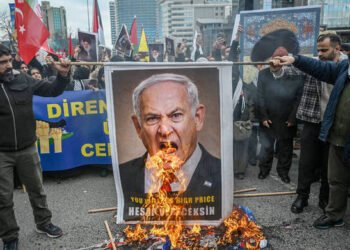
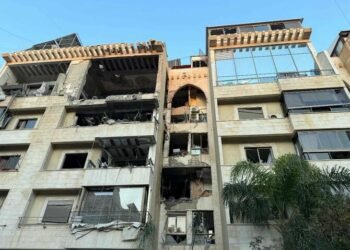
 United Arab Emirates Dirham Exchange Rate
United Arab Emirates Dirham Exchange Rate

